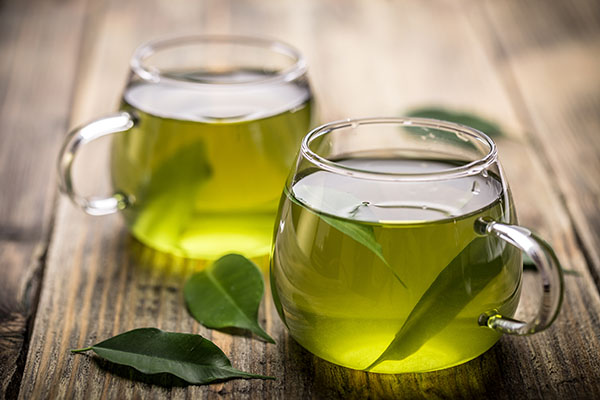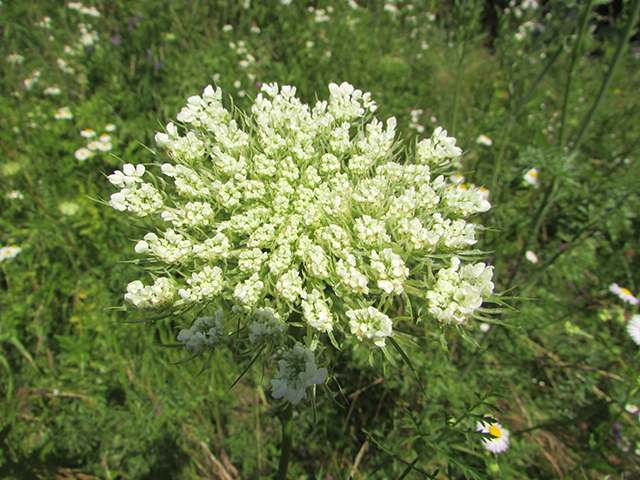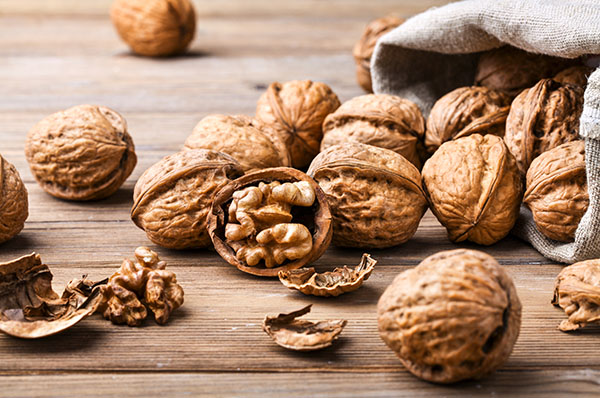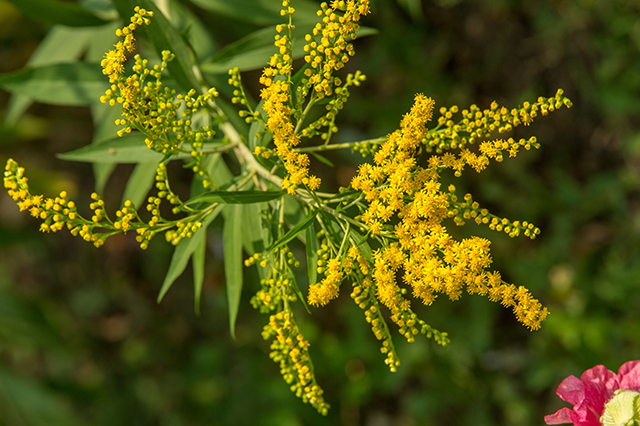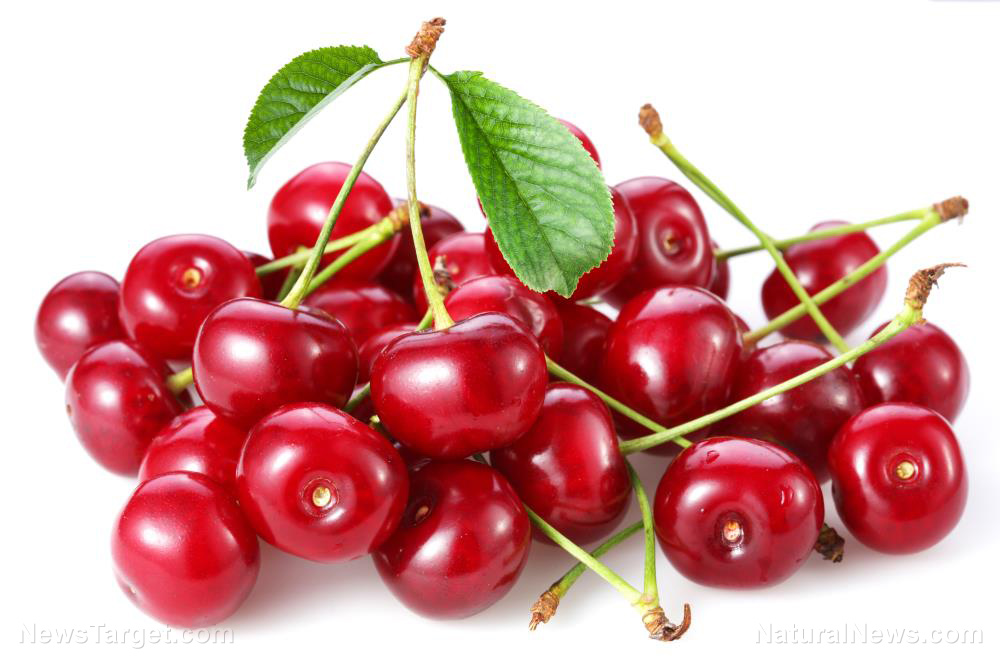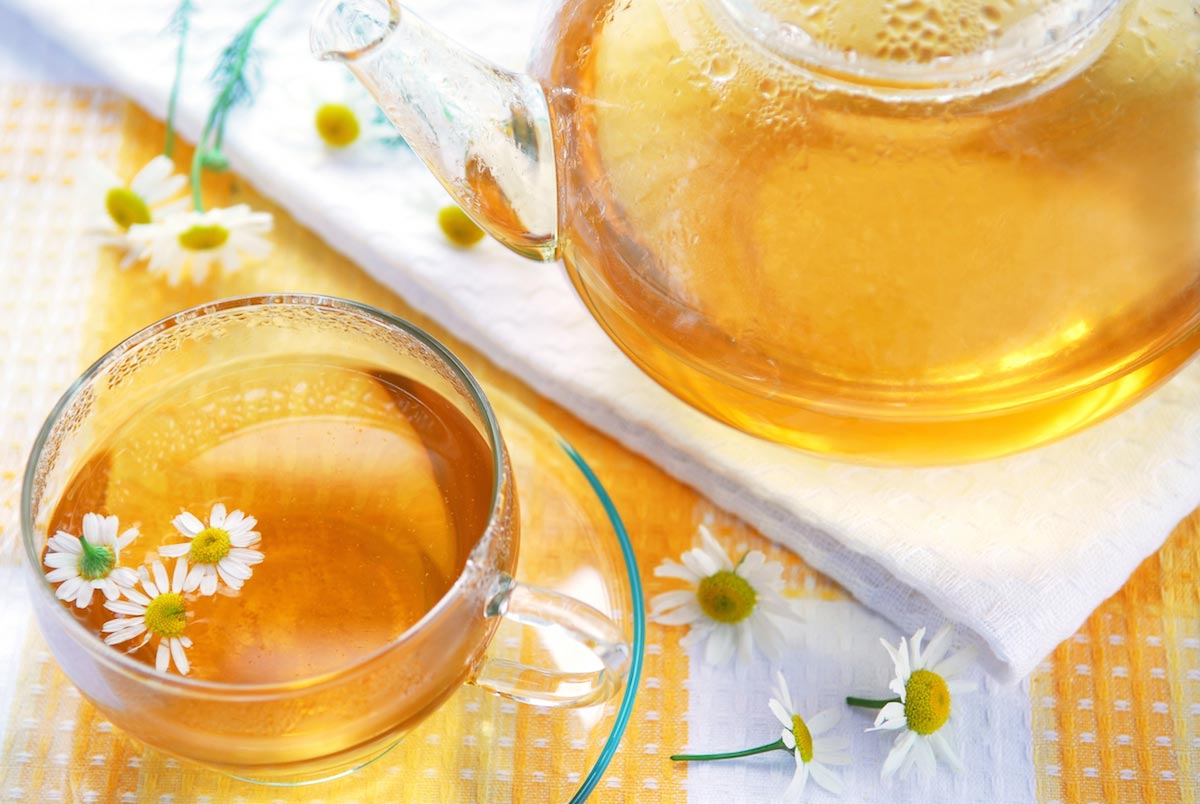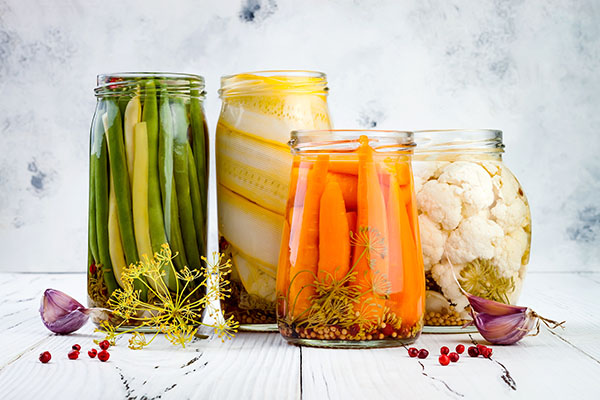Polyphenols in wild blueberries can help lower blood pressure and boost brain function
07/02/2023 / By Evangelyn Rodriguez

Wild blueberries (Vaccinium angustifolium) are a fixture on the list of the world’s most widely recognized superfoods. Nutritious and delicious, blueberries contain high amounts of vitamins, minerals and dietary fiber, and are one of the richest dietary sources of antioxidant polyphenols. A half-cup serving of ripe wild blueberries (approx. 150 pieces) can provide 200 to 400 milligrams (mg) of polyphenols.
Polyphenols refer to a group of active compounds found naturally in plants, particularly those with vibrant hues. They are extensively studied for their beneficial properties, which include antioxidant, anti-inflammatory, anticancer and anti-diabetic activities.
According to a new study published in the American Journal of Clinical Nutrition (AJCN), the polyphenols in wild blueberries can also boost brain function and help maintain a healthy heart. They recommend consuming 178 grams (about 3/4 cup) of wild blueberries daily for older adults to reduce their risks of cardiovascular disease and cognitive decline. (Related: Study: Regular consumption of blueberries can reverse cognitive decline among the elderly.)
Blueberries’ heart benefits linked to improved blood vessel function
Numerous studies have linked the intake of polyphenol-rich blueberries to improvements in vascular function. One notable study involving healthy male volunteers found that consuming wild blueberries daily for one month increased flow-mediated dilation (FMD), or the widening of coronary arteries due to increased blood flow. This improvement in blood vessel function led to a reduction in ambulatory systolic blood pressure among the participants.
According to the study, polyphenols, specifically anthocyanins, are responsible for the blood pressure-lowering effect of blueberries. Anthocyanins are the pigments found in the skin of blueberries that give them their distinctive blue-purple color. Aside from being natural dyes, anthocyanins are remarkable antioxidants that can effectively neutralize free radicals, thus preventing oxidative stress and inflammation, which are both heavily implicated in the development of many chronic diseases.
In the AJCN study, researchers recruited 61 healthy older adults and randomly assigned them to either the blueberry group or the control group. The former received 26 grams of freeze-dried wild blueberry powder containing 302 mg of anthocyanins, while the latter received a matched placebo that lacked anthocyanins. They then analyzed changes in blood vessel function by looking at FMD, arterial stiffness and blood pressure before and after the 12-week trial.
The researchers reported that, compared with the placebo group, the blueberry group enjoyed a significant increase in FMD and reductions in their 24-hour ambulatory systolic blood pressure. They also noted that total 24-hour urinary polyphenol excretion significantly increased in the blueberry group. These findings suggest that daily intake of blueberry polyphenols can improve blood vessel function in older adults, whose arteries naturally stiffen with age. Arterial stiffening due to aging increases the risk of cardiovascular disease as it limits the ability of the coronary arteries to dilate, causing strain on the heart.
According to studies, anthocyanins are a natural solution to arterial stiffening. They exert their beneficial effects on blood vessels via three mechanisms:
- They modulate the expression and activity of endothelial nitric oxide synthase, the key enzyme involved in the production of the vasodilating chemical, nitric oxide.
- They protect NO from free radicals called reactive oxygen species, which can convert it into a compound that promotes vasoconstriction and hypertension.
- They inhibit specific pathways and enzymes involved in the synthesis of vasoconstricting molecules such as angiotensin II, endothelin-I and thromboxanes.
Blueberry polyphenols can improve brain function
Aside from lowering blood pressure, consuming wild blueberries has also been linked to enhanced brain performance. The results of randomized clinical trials suggest that blueberry consumption or supplementation can improve various measures of cognitive performance, particularly short- and long-term memory and spatial memory. There is also evidence that adding blueberries to your diet can positively influence your mood.
Just like with blood vessels, improvements in brain function after short- or long-term intake of blueberries are credited to their anthocyanin content. According to a study published in the Journal of Agricultural and Food Chemistry, the anthocyanins in blueberries can mitigate neurodegeneration by increasing neuronal signaling in brain centers, which explains why blueberry consumption has been found to enhance memory function in clinical trials.
After 12 weeks of drinking wild blueberry juice daily, the study reported that older adults with early memory changes experienced improvements in paired associate learning and word list recall. The researchers also noted that drinking blueberry juice reduced depression symptoms among the participants and lowered their blood sugar levels.
In the AJCN study, the researchers also investigated whether the cognitive benefits of consuming blueberries are linked to increases in cerebral blood flow and vascular blood flow as well as changes in gut microbiota. While they observed an increase in FMD, they found no changes in cerebral blood flow or the gut microbial composition of the participants who were supplemented with freeze-dried wild blueberry powder for 12 weeks.
On the other hand, they noticed significant improvements in cognitive function, specifically enhanced immediate recall on the auditory verbal learning task and better accuracy on the task-switch task, which measures how fast a person can shift his attention from one task to the other. Based on these results, the researchers concluded that daily consumption of blueberries can not only protect against cardiovascular disease but also improve episodic memory processes and executive functioning in older adults who are at risk of cognitive decline. (Related: Blueberries: Superfood that can help you improve brain health.)
Other health benefits of eating blueberries
Antioxidant-rich blueberries are known to provide a wide range of health benefits. According to studies, a well-balanced diet that includes fresh, organic blueberries can help you:
- Maintain strong and healthy bones, thanks to the bone-supporting minerals (i.e., calcium, iron, magnesium, manganese, phosphorus and zinc) and vitamin K in blueberries
- Maintain healthy, younger-looking skin, thanks to blueberries’ high vitamin C content, which helps protect against skin damage and increases collagen synthesis
- Maintain healthy blood sugar levels, thanks to the high fiber content of blueberries, which helps with blood sugar regulation
- Maintain a healthy digestive system, thanks to the dietary fiber in blueberries, which can support healthy digestion and bowel regularity, and promote weight loss by increasing satiety
- Fight or prevent cancer, thanks to the abundance of antioxidants in blueberries, which have been shown to inhibit the growth of tumors and decrease inflammation
Blueberries are an incredible superfood that can keep your heart healthy and boost your brain’s performance. Learn more about why blueberries are good for you at Blueberries.news.
Watch the video below to learn more about the scientifically proven benefits of blueberries.
This video is from the Natural Cures channel on Brighteon.com.
More related stories:
Polyphenols in acai found to have a prebiotic effect that boosts digestive health.
Polyphenols: They give green tea its anti-obesity and anti-inflammatory properties.
Polyphenols in wine found to improve mouth health.
Diet rich in polyphenols can boost brain function and mood.
Berry good: Researchers discover lifespan-extending compound in blueberries.
Sources include:
Submit a correction >>
Tagged Under:
alternative medicine, anthocyanins, anti-aging, blood pressure, Blueberries, brain function, brain health, cognitive function, cognitive health, food cures, food is medicine, food science, Fresh, fruits, functional food, gut health, heart health, longevity, natural cures, natural health, natural medicine, nutrients, phytonutrients, polyphenols, prevention, research
This article may contain statements that reflect the opinion of the author
RECENT NEWS & ARTICLES
Natural.News is a fact-based public education website published by Natural News Features, LLC.
All content copyright © 2018 by Natural News Features, LLC.
Contact Us with Tips or Corrections
All trademarks, registered trademarks and servicemarks mentioned on this site are the property of their respective owners.


